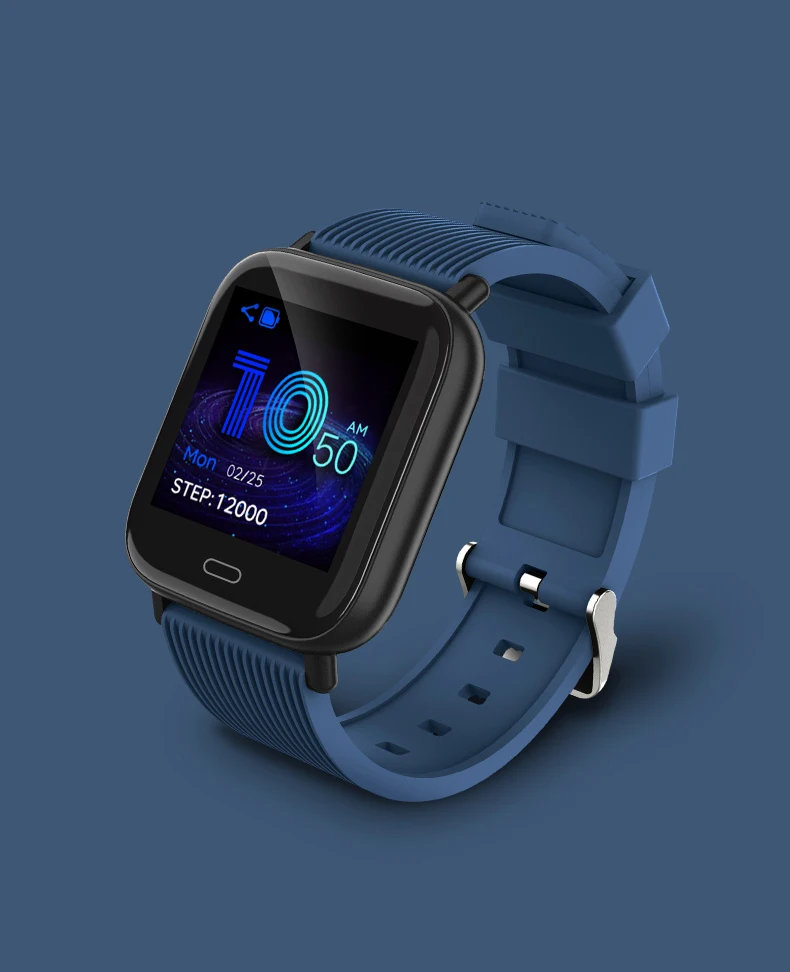

“It may be somewhat normal to have a few extra beats here and there when you’re doing something. “I think we may find the incidence much higher and more common,” he added. That’s because we base most of our info on those spot checks in doctors’ offices,” Wolf explained. “We’re finding we don’t know the real incidence of arrhythmias in the U.S. Because they seek medical advice.”Īnd Wolf says more widespread use of these types of devices may change what we know about arrhythmias. It may cause a little bit of anxiety to see something on their Fitbit or Apple watch, but the advantage is large. “Something might show up and it’s not important,” he added. It’s not what we call a 12 lead EKG and there are false positives” said Wolf.

The study showed that the Fitbit PPG algorithm correctly detected AFib 98 percent of the time. None of the participants had previously been diagnosed with AFib. Researchers followed more than 450,000 participants over five months during the COVID-19 pandemic. Lower risk medical devices are usually “cleared” by the FDA.įitbit and Massachusetts General Hospital launched a study of the PPG technology in 2020. That means the company could demonstrate that its product is equivalent to another device that already has FDA clearance or approval. The PPG is an optical sensor that can detect the expansion and contraction of blood vessels and thus your heart rate from your wrist. Google describes how the new Fitbit feature works this way. The Apple Watch also detects arrhythmias and KardiaMobile is a wallet-sized personal EKG device that lets you measure your heart rate and rhythm and capture the data on your smartphone. Wolf refers to the technology fueling the devices as part of a burgeoning market. That’s a big advantage because strokes are devastating,” he added. “So if we can detect that stroke risk and treat it, we can decrease the stroke rate. But that’s a spot check and not very good at telling us whether someone has an intermittent arrhythmia,” Wolf told Healthline. “The standard of care has been an EKG (electrocardiogram) in a doctor’s office. Wolf, an arrhythmia specialist at the DeBakey Heart and Vascular Center at Houston Methodist Hospital at the Texas Medical Center. “I think these devices are a good thing… because they bring more awareness,” said Dr. That’s when you should let your doctor know so your health team can assess what’s going on. If it detects a rhythm that could be AFib, you’ll get an alert. In their statement, Google officials say their photoplethysmography or PPG-based algorithm can assess your heart rhythm in the background while you’re sitting still or even asleep. The danger is that AFib can make your risk of having a stroke five times higher. The Centers for Disease Control and Prevention (CDC) estimates that by 2030, some 12 million people in the United States will have AFib. Sometimes, however, there are no symptoms. People often describe AFib as a rapid “fluttering” of their heart that can leave them feeling weak. Google officials have announced that the Food and Drug Administration (FDA) has cleared the company’s use of an algorithm that allows its Fitbit watches to pick up on atrial fibrillation, or AFib, the most common arrhythmia or irregular heartbeat. The world of wearable devices to help detect a potentially dangerous irregular heartbeat is about to expand. Experts note that the new Fitbit algorithm is part of a growing wave of technology that allows individuals to monitor their health on a daily basis.Google says the new program checks for symptoms of atrial fibrillation by monitoring heart rhythms.Federal regulators have cleared a new algorithm for use in Fitbit watches.

Share on Pinterest Fitbit watches will now have a new program that monitors heart rhythms for atrial fibrillation.


 0 kommentar(er)
0 kommentar(er)
